Baarishen Lyrics – Shrey Singhal
Pehle bhi hui Baarishein
Kyu is dafa Ro pada Dil Mera
Kal Aasmano Me Jo Roshan tha
Wo Chaand Mera Kyu Chhup Gaya hai
Bheegey The Jinme Ham Tum Dono
Wo Aaj Mausam Fir Aa Gaya
Aankhon Se Kyu Girne lagi
Ye Baarishein Han Ye Baarishein
Dekha Tujhe To Rone Lagi
Ye Baarishein Han Ye Baarishein
Tu Ye kabhi Na Bhoolna
Ke Aaj Bhi hai koi tera
Tu Door Hai Fir bhi Jura
Bicchra Nahi Hun Poori Tarah
Yaad Kar Bhula hua
Pyaar ka wo Raasta
Shame Bitaane Jata Nahi hai
Ab Us gali me Aashiq tera
Seene me tha jo Wo le gaya tu
Laau kaha se Dil Doosra
Roti Rahi Nigahein Magar
Aansu Nahi Giraya tera
Rakh Aayina zara ye bata
Dil ko kabhi Dukhaya tera
Insight on Baarishen Lyrics – Shrey Singhal
[Verse 1]
In the first verse, Shrey Singhal reminisces about a once-thriving relationship, using the imagery of rain to symbolize the beautiful moments they shared. He questions why, despite having felt similar emotions before, he now experiences profound sorrow. The phrase “chhupa hua chaand” (hidden moon) reflects the loss of something once bright and beautiful, now overshadowed by emotional turmoil. This verse conveys a longing for the past and a desire to relive those cherished moments.
[Chorus]
The chorus deepens the emotional exploration, where rain transforms into tears that fall as the protagonist recalls lost love. The line “Dekha Tujhe To Rone Lagi” illustrates how seeing the person evokes intense sadness, resulting in uncontrollable tears. This part emphasizes the lasting emotional impact of the lost relationship.
[Verse 2]
In the second verse, the protagonist expresses a profound sense of loss, extending beyond the relationship to his identity and belonging. He acknowledges that he cannot replace the love he once had, indicating that the emotional void is irreplaceable. The line “Laau kaha se Dil Doosra” highlights the struggle to move on and find another love that could fill the emptiness left behind.
[Bridge]
The bridge brings a more introspective tone, revealing the protagonist’s silent tears. Despite his inner turmoil, he has not shared his pain with the person responsible for it. The “aayna” (mirror) symbolizes self-reflection, as he confronts his feelings of betrayal and heartbreak. This verse suggests that, although he tries to suppress his emotions, the pain remains deeply felt, forcing him to confront the reality of his suffering.
This summary captures the song’s themes of longing, loss, and emotional introspection in the aftermath of a broken relationship.







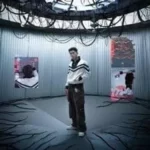
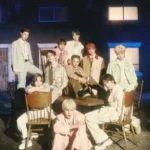
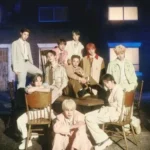
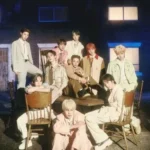
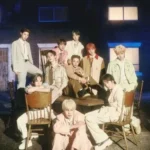
Leave a Reply